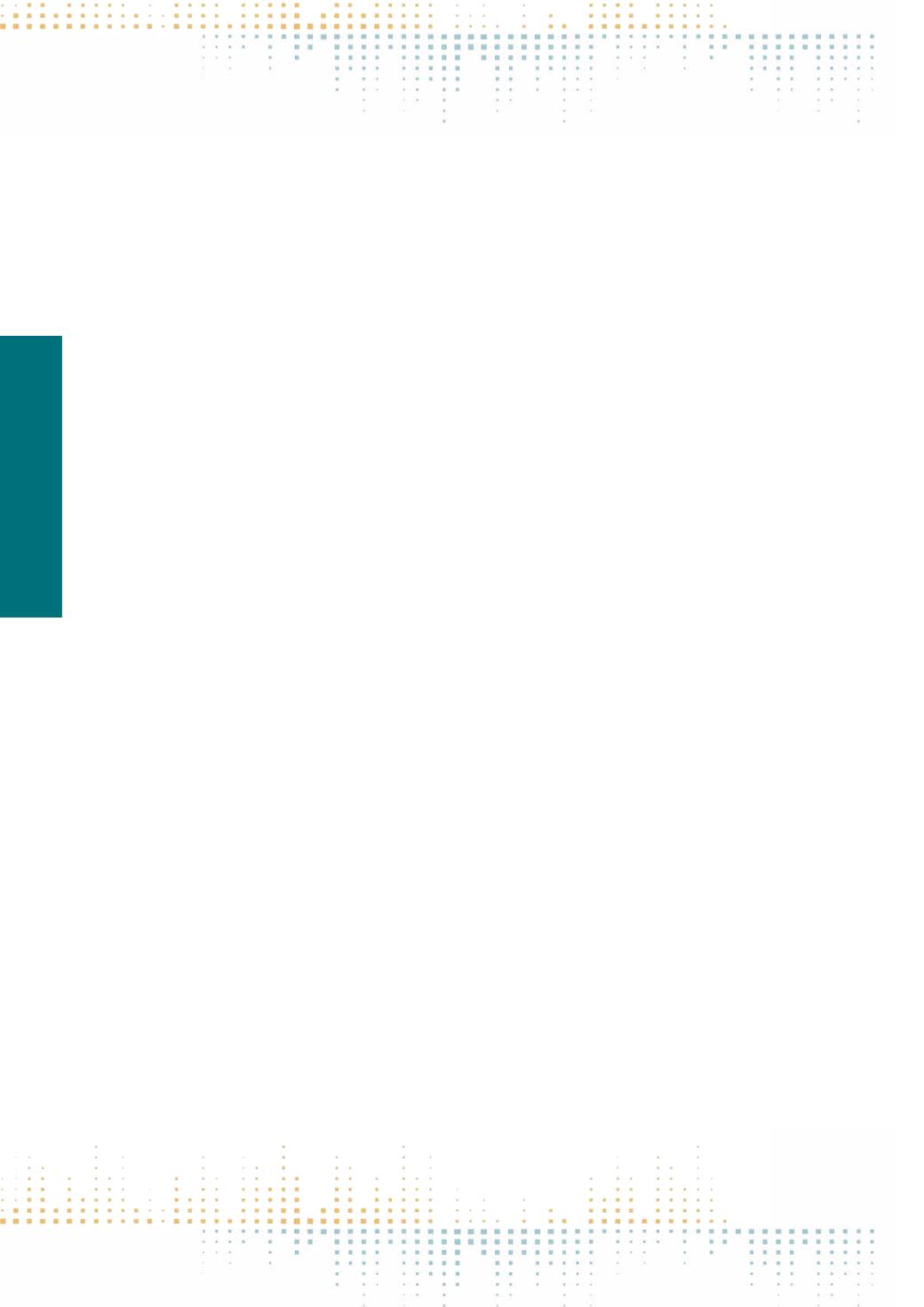

164
Thursday, November 10
1 1 : 0 0 – 1 2 : 3 0
prevail, also frames that highlight mistakes of Western politics are discussed. However, the quality of frames is more confrontational than de-escalating.
The frames address political conflict rather than citizens’ concerns in their problem definition, blame instead of structural causes in their causal interpre‑
tation and poorly provide treatment recommendations for crisis solution. Entman, R.M. (1993). Framing. Towards Clarification of a fragmented paradigm.
Journal of communication 43(4), 51–58. Cottle, S. (2009). Global Crisis Reporting. Journalism in the Global Age. New York. Jakobsen, P. V. (2000). Focus on
the CNN Effect Misses the Point. The Real Media Impact on Conflict Management is Invisible and Indirect. Journal of Peace Research 37(2), 131–143. Lynch,
J. (2013). A Global Standard for Reporting Conflict. London. Matthes, J. (2012). Framing politics. An integrative approach. American Behavioral Scientist
56(3), 247–259. Wessler, H., & T. Schultz (2007). Can the Mass Media Deliberate? Insights from Print Media and Political Talk Shows. In R. Butsch (eds.),
Media and Public Spheres (pp. 15–27). Basingstoke. Zaller, J.R. (1992). The Nature and Origins of Mass Opinion. Cambridge.



















